Embattled Illinois VGT King Rick Heidner Could Lose License over $5 Million ‘Illegal Inducement’
Posted on: December 23, 2019, 12:26h.
Last updated on: December 23, 2019, 12:30h.
The Illinois video-gaming terminal (VGT) operator whose bid to build a racino in South Chicago was scuttled in October by his connections to a Mafia-associated banking clan is in danger of losing his gaming license over an unrelated incident.

Rick Heidner, owner of Gold Rush Gaming, has been accused by Illinois regulators of offering a $5 million “illegal inducement” to the owner of a chain of gaming parlors that had threatened to dump his machines for another supplier, The Chicago Tribune reports.
According to Illinois Gaming Board (IGB) filings, Heidner’s client, Laredo Hospitality Ventures, came under new ownership in November and quickly informed Heidner it would be removing his machines from 44 spots around the state.
Heidner then met with new owner Daniel Fischer and offered to arrange a sale of the company for $5 million more than Fischer had just paid for it — a quick seven-figure return on investment. Fischer — who happens to be the lead investor in a proposal to build a casino in Rockford, Illinois — refused.
It is illegal in Illinois for VGT operators to own the venues in which their machines are deployed. Meanwhile state gaming law prohibits them from offering anything “of value to any licensed video gaming location or any agent or representative of any licensed video gaming location as an incentive or inducement to locate, keep or maintain video gaming terminals at the licensed video gaming location.”
‘Smear Campaign’
But Heidner attorney Randall Samborn told The Chicago Tribune last week his client had done nothing wrong and the allegations were part of an “orchestrated smear campaign.”
He claimed that it was Heidner who had been the victim of an illegal inducement — paid to Laredo by an unnamed competitor to oust Gold Rush Gaming from its locations.
Samborn said the purchase offer made to Laredo was “legitimate” and that Heidner would not have had “any personal or financial interest in the proposed transaction.”
But two days after the gaming board filed its complaint, the regulator demanded that Heidner fire his director of operations, Ronald Bolger, as well as sales agent Daniel J. Gerardi.
The board said that Bolger admitted he had “professional and social associations” that “pose a threat to the integrity of video gaming and discredit or tend to discredit the gaming industry of the state of Illinois,” during an interview about an unrelated matter.
Heidner has been in the public eye ever since his name appeared on an FBI search warrant in September that authorized a raid on the home and offices of State Senator Martin Sandoval.
Heidner told the Tribune he had “zero clue” why the FBI would be interested in evidence of dealings between himself and Sandoval as part of an ongoing corruption probe.
Licence Suspenzi
But the raid prompted Tribune reporters to do some digging. They unearthed close professional ties between Heidner and Rocco Suspenzi, chairman of the Parkway Bank and Trust.
In 2003, Suspenzi was accused by the IGB of concealing his ownership interest in the now defunct Emerald Casino Project, along with the secret stakes of several mobbed-up partners. Suspenzi’s bank also approved a seven-figure loan to one Mafia figure to finance his stake in the project.
In September, the Illinois Racing Board granted Heidner a license to operate racing in Tinley Park, a major step in his mission to build a racino in the South Chicago suburb.
But within days of the revelation of the Suspenzi connection, Governor Pritzker’s administration canceled a deal to sell Heidner a state-owned plot of land earmarked for the development.
Related News Articles
Most Popular
Cracks Emerging on Las Vegas Strip Says Analyst
Casinos That Were Never Casinos
Most Commented
-
End of the Line for Las Vegas Monorail
— April 5, 2024 — 90 Comments -
Mega Millions Reportedly Mulling Substantial Ticket Price Increase
— April 16, 2024 — 9 Comments -
Sinclair Broadcast Group Selling 7.91 Million Bally’s Shares
— April 12, 2024 — 5 Comments
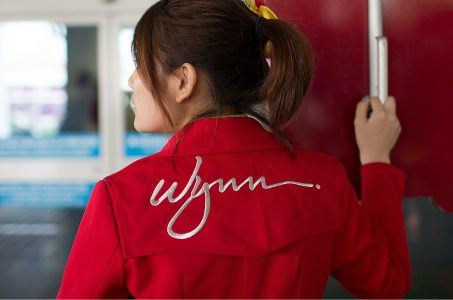
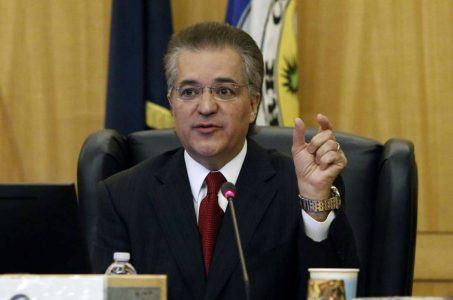

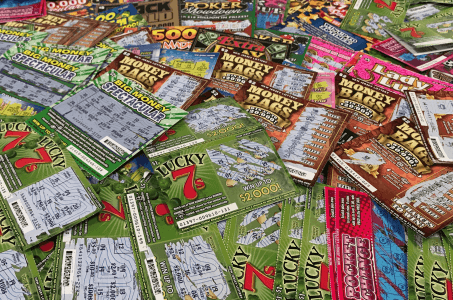










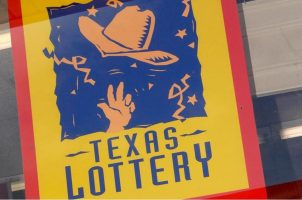
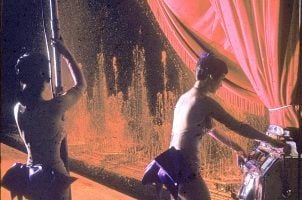
No comments yet